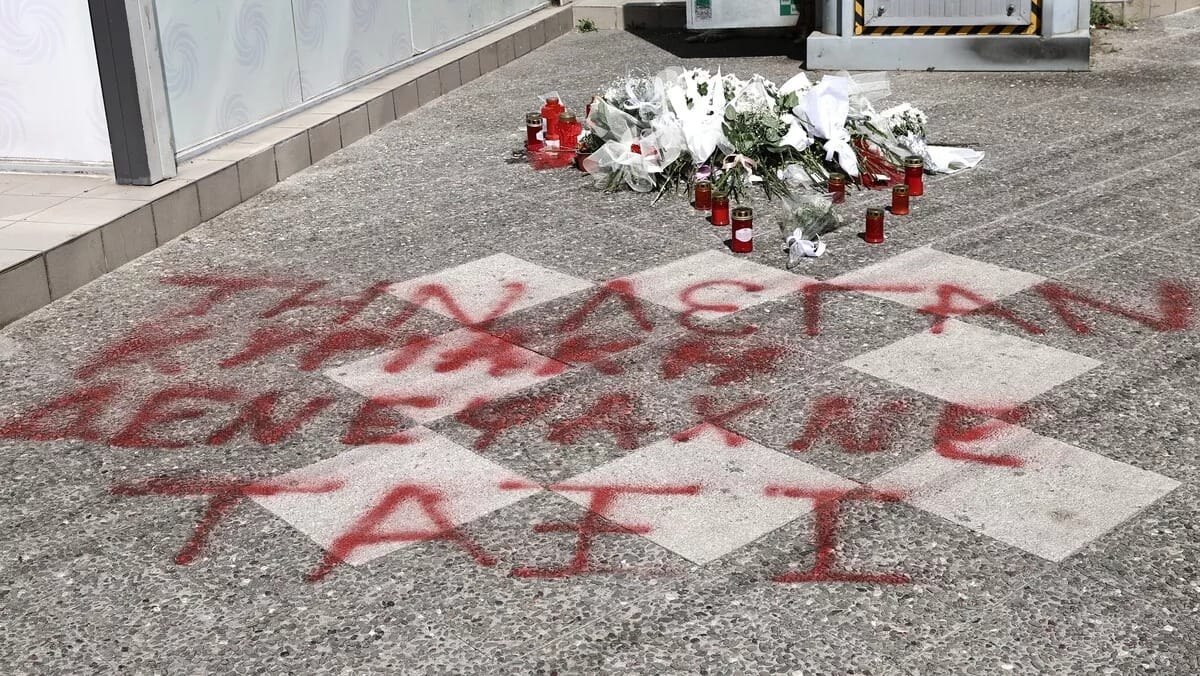A Closer Look at the Role of Greek Police Amidst Social Turmoil
The phenomenon of “clouding,” or the distortion of reality through social media, has become a topic of national conversation in Greece. This digital mirage often overshadows pressing societal issues, one of which is the trustworthiness of state mechanisms. The realization that safety within a stable orbit is an illusion has been a hard pill to swallow for the Greek public.
Recent events have cast a spotlight on the Greek police force, raising questions about their role and effectiveness. Last Tuesday’s incident was a stark reminder of the limitations faced by the authorities. A vulnerable citizen, seeking protection within the walls of a police station, found themselves without the support they desperately needed. This has led to a profound shock across the nation, as the message seems clear: victims of abuse cannot always rely on the police or authorities for salvation.
While the police represent a systemic institution, it is important to remember that they are also individuals. These individuals may not be intentionally callous or indifferent, yet they seem to struggle with performing their basic duty to protect, possibly due to mindset, beliefs, or a lack of framework.
The recent uproar against the term “femicide” and its legal entrenchment has only highlighted the need for a cultural shift towards gender respect. Cyprus’s introduction of femicide as a specific crime punishable by life imprisonment since the summer of 2022 marks a significant step forward. This legal development came after numerous tragic incidents, including the mass murders by “Orestis,” which underscored the urgency of addressing gender-based violence.
In contrast, Greece continues to grapple with gender crimes, often exacerbated by public figures who perpetuate stereotypes and toxic models. The tragic case of the 28-year-old woman from Agioi Anargyroi is a testament to this ongoing struggle. Despite following protocol and seeking help, her efforts were in vain, leaving the nation to question what more could have been done.
Addressing such deeply ingrained issues requires more than punitive measures against individual officers or adherence to protocols. It demands a concerted effort to dismantle patriarchal mindsets and promote social awareness. Greece now stands at a crossroads, with an opportunity to make meaningful progress or continue to witness the devastating consequences of inaction.





